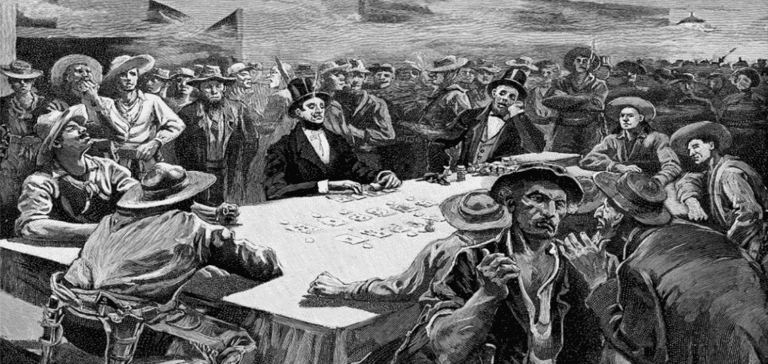
Gambling is one of mankind’s oldest activities. In fact, we’re not even the only species that enjoy testing our luck. In 2005, a Duke University study found that, for fun, monkeys prefer to take longer and more dangerous routes, even when the reward is less. “They just like to gamble,” describes the director of the University of Nevada’s Center for Gambling Research, David G. Schwartz, in Roll the Bones: The History of Gambling.
In this post we are going to take you on a journey through history to discover what made this phenomenon so deeply ingrained in our society.
The beginning
The concept of gambling is very simple and consists of three basic elements: a wager, an event with an uncertain outcome and of course, a prize. Due to the simplicity it may not be so surprising to learn that gambling dates back to the prehistoric era.
The earliest evidence of gambling dates back to the paleolithic era, commonly known as the stone age. One of the earliest gambling items was the astragali, or animal knuckle bones. They were marked and functioned similarly to a dice. In fact, the earliest six-sided dice dates from 3000 BC in Mesopotamia.
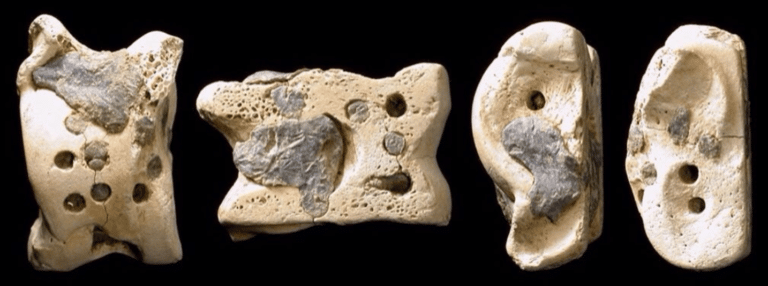
Time progressed and the inhabitants of the first civilizations also started to develop their own types of games. Whether in Mesopotamia, Egypt or Korea, there were already the first versions of dice and tokens.
Meet the Gods
In Greece, even certain Gods were associated with gambling: Pan and Hermes were said to have placed a wager, while Zeus, Hades and Poseidon were drawing straws in order to split the Universe.
Heads and Tails was one of the popular games in the olden days in Greece. It was first played with shells, before the introduction of coins, which made it easier to gamble on which side would end up facing upwards.
Greece also has the first written records of the ancient Olympic Games dating to 776 BC. Coroebus of Elis won the only event: a 192 metre foot race, becoming the first Olympic champion.
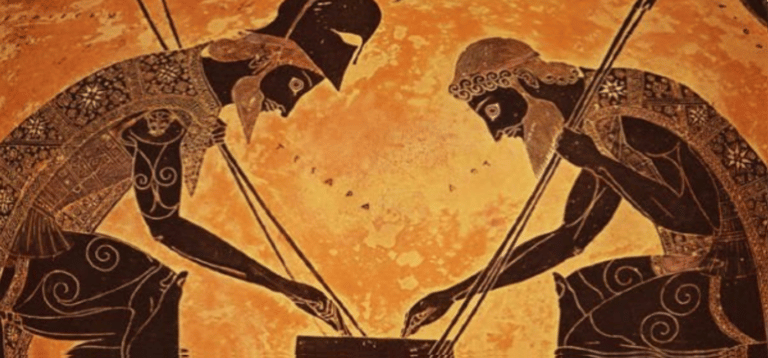
The early Romans were also great sports bettors. All classes used to participate: from emperors to slaves. They used to play dice, board games and chariot races. Chariot drivers were well known for using “magic” to win.
Before a race, the chariot driver or anyone else who bet on the race outcome could visit a magician and commission a “magical” lead curse tablet, usually focused on forcing other drivers to crash.
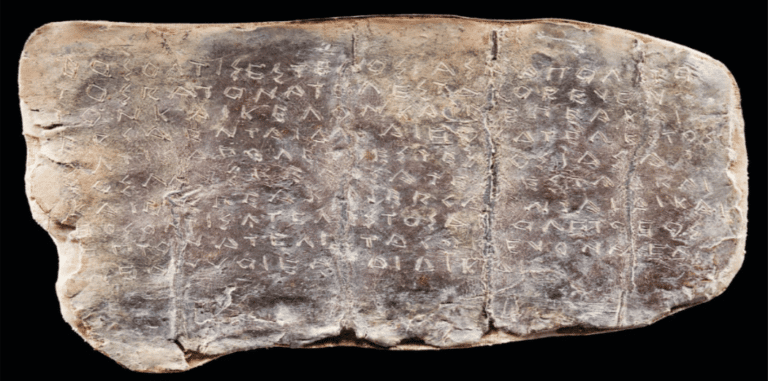
Playing cards, however, were invented in China only later in the 9th century, during the Tang Dynasty. Before the cards were printed on paper or plastic, the Chinese used wood block printing or leaves.
Cards made their way across the world in the following centuries and the first evidence of them being introduced in western culture was 14th century southern Europe through north Africa, where the four suits that we’re familiar with today originated.
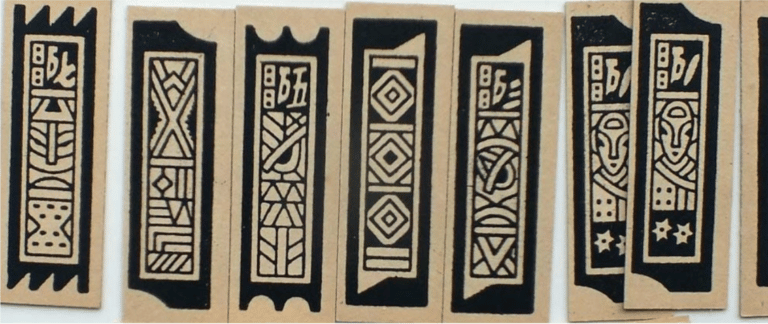
David G. Schwartz, in his book The History of Gambling, points out that every one of mankind’s inventions, including the 15th century movable type press, were used to spice up games. “From 1650, gambling was spread across a large part of Europe”, he explains.
When the banking system was structured and strengthened in Europe, casinos gained a great deal of space. The word “casino” comes from Italian and means the equivalent of “social club”. The first casino recorded in history was the Casino di Venezia, established in 1638. However, it was closed in 1774 when the government noticed that it was impoverishing the locals.
Value Betting
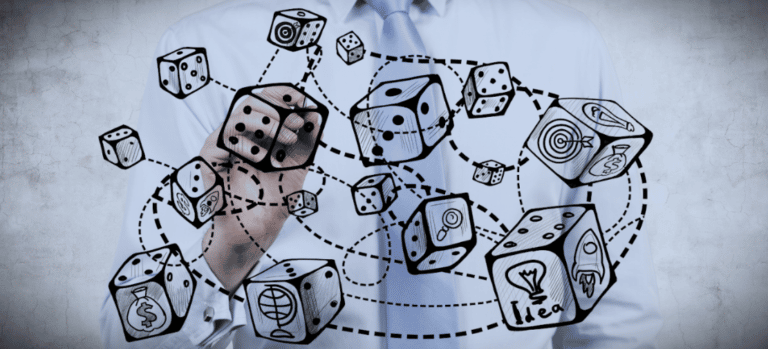
With the advent of legal gambling houses, mathematicians started to take a serious interest in games, giving rise to the fascinating field of probability. Using valuable quantitative techniques to analyze data, we can now in modern life, explore betting as a smart tool for growing capital in the long-term.
How about you? Are you an ancient gambler or a modern smart value bettor like us?